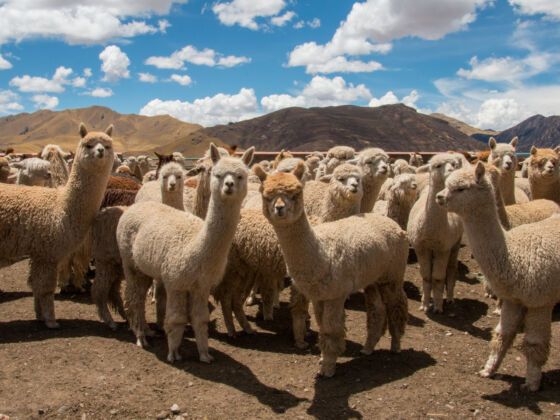Initially, my goal wasn’t to devise an A-to-Z guide of the world’s “without borders” groups.
I just wanted to give some online print to a few “without borders” groups that aren’t as well known as Doctors without Borders, such as Bees without Borders and Geeks without Borders.
As I started researching, though, I discovered that if it’s a profession, there’s probably a “without borders” group for it. Everyone from A–alpaca breeders– to almost Z– wrestlers– has a “without borders group.” X and Z need to represent, though. How about X-Ray Techs without Borders and Zoologists without Borders?
Here’s a good sampling of the world’s “without borders” groups, what they do, and how you can get involved:
